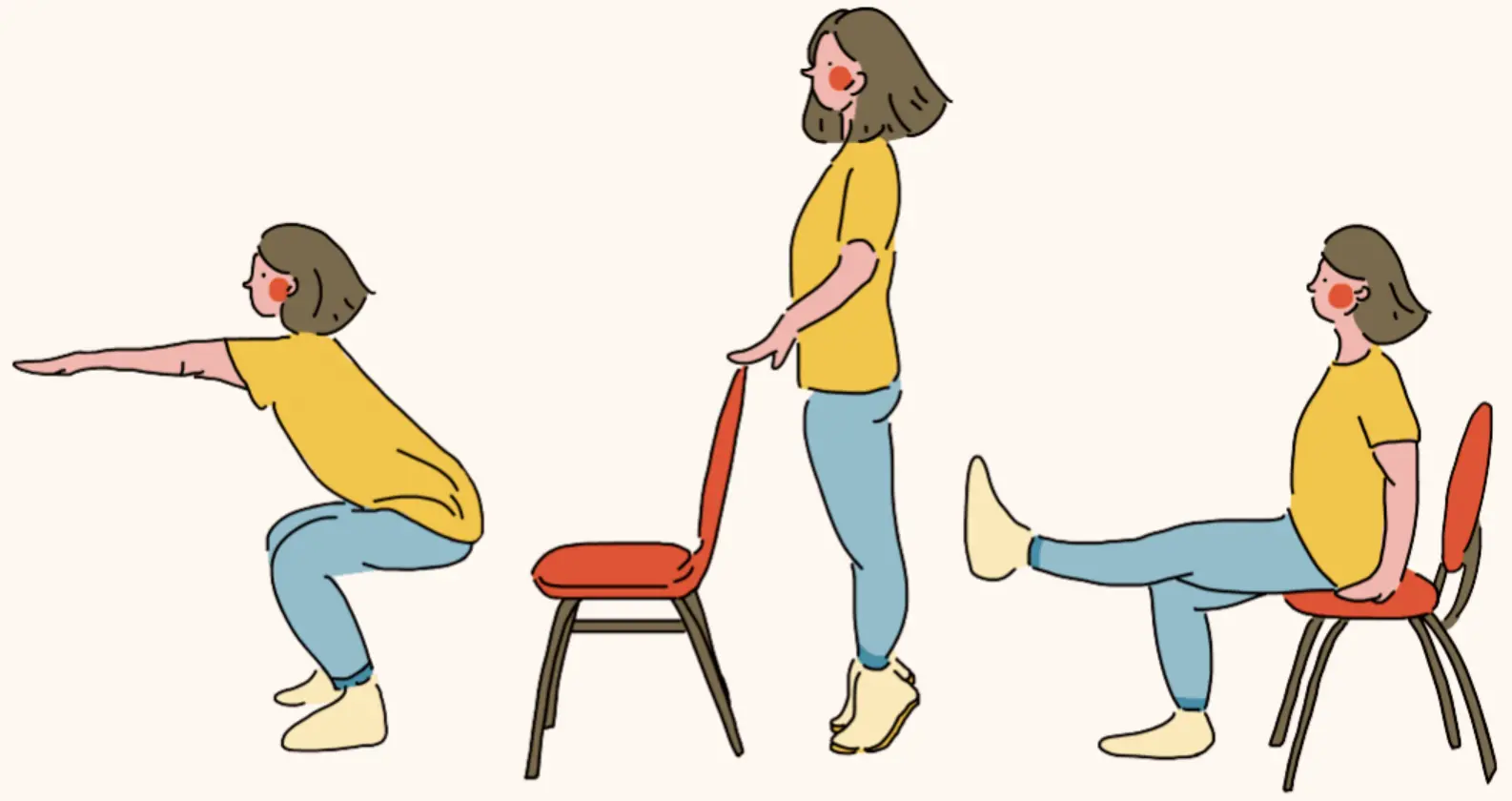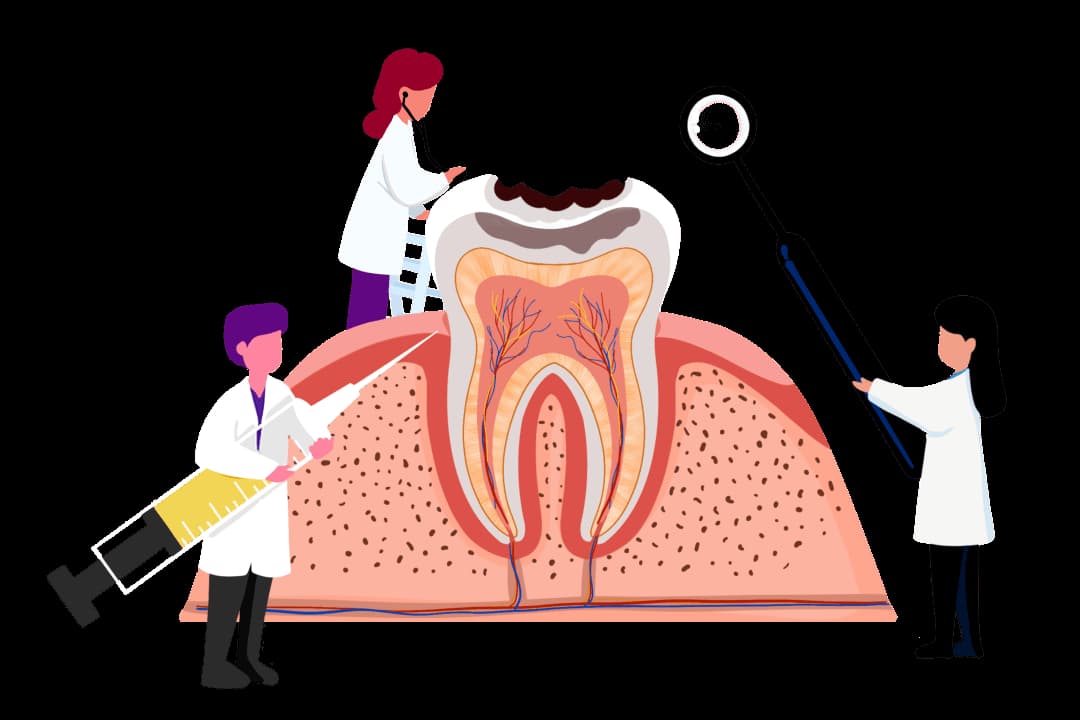In recent days, a long-term health study conducted by Waseda University has gained widespread attention worldwide. According to the study, there is a close relationship between prolonged sitting and mortality. The research findings indicate that sitting for extended periods not only has negative impacts on physical health but may also directly lead to a shortened lifespan. In light of this discovery, we will delve into the dangers of prolonged sitting and explore how adjusting our lifestyle habits can mitigate these effects.
Let us first focus on the primary findings of the study: the significant association between prolonged sitting time and increased mortality. Specifically, for every hour spent sitting, the average lifespan is shortened by 22 minutes. This conclusion is particularly evident in individuals who sit for more than 11 hours a day, as their mortality rate is 1.4 times higher than those who sit for less than 4 hours a day. These data clearly convey a message: prolonged sitting can be fatal.
However, this situation is particularly severe in Japan. Reports indicate that the Japanese "salarymen" are at the highest risk, as 38% of men and 33% of women in the country sit for "8 hours or more" each workday, the highest percentage globally. This may be attributed to the longer sitting durations prevalent in Japan's work culture, as phenomena like "karoshi" (death from overwork) are associated with prolonged sitting.
So, why does prolonged sitting have such detrimental effects on our health? Professor Hiroshi Okamura, one of the researchers, provides an answer: prolonged sitting restricts the movement of leg muscles, leading to reduced metabolism and blood flow. This can result in elevated blood sugar levels, increased neutral fat, and high blood pressure, thereby increasing the risk of various diseases. For instance, diabetes, cardiovascular diseases, and obesity are all potentially linked to prolonged sitting.
In the face of this grave situation, how should we respond? According to Professor Hiroshi Okamura's advice, we should interrupt our sitting every 30 minutes and engage in simple physical activities such as tapping our feet, light squats, or lifting our heels. These simple movements can promote blood circulation, elevate metabolism levels, and help the body counteract the negative effects of prolonged sitting.

Furthermore, we can compensate for the impacts of prolonged sitting by increasing our daily activity levels. For example, attempting stretching exercises or taking walks during work breaks, or incorporating household chores into our routines. These minor changes contribute to improving our body's metabolism and reducing the strain caused by prolonged sitting.
Introducing standing desks or encouraging employees to stand and move regularly can also be beneficial. These measures not only improve employee health but also enhance long-term productivity.
In conclusion, this global long-term health study serves as a reminder that prolonged sitting can have significant implications for our lives. However, by adjusting our lifestyle habits and increasing our daily activity levels, we can alleviate these effects. Both individuals and society as a whole need to make changes to ensure that our health and lifespan are not threatened by prolonged sitting. Let us start today by standing up and taking breaks from prolonged sitting, making a positive contribution to our health and longevity.




